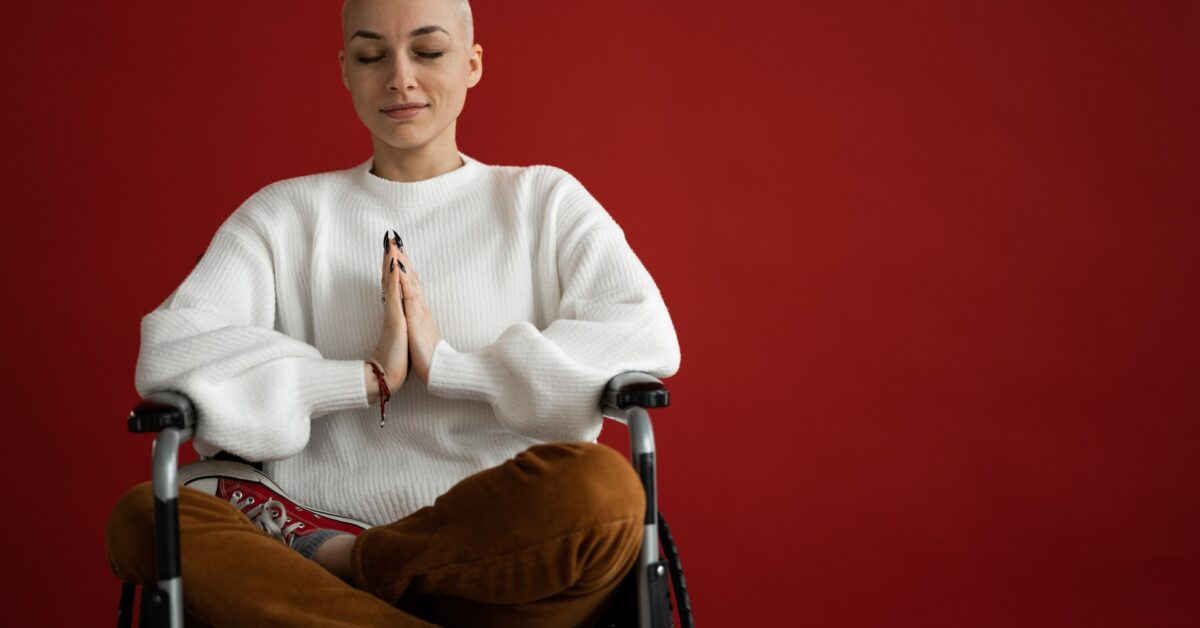Several factors must be taken into account when you are thinking about entering drug rehab. First, you should know that addiction to drugs and alcohol is a severe problem. The substances cause the brain to release dopamine, which triggers feelings of pleasure.
The brain remembers these feelings and wants to repeat them. Once the brain has been conditioned to expect pleasure from the substances, they become more valuable than family, career, and health.
Inpatient Treatment
Inpatient drug rehab is an intensive treatment method for addiction. Unlike outpatient programs, inpatient rehab requires the patient to live at the facility for the entire duration. During this time, they will receive 24-hour care and treatment. This type of treatment is beneficial for people with severe addictions or those who lack the support of their friends or family.
The duration of inpatient treatment varies from thirty days to 90 days. The duration is based on the treatment plan developed specifically for the patient. The first stage of treatment, detox, usually lasts about a week or so. The second phase, residential treatment, is usually between 30 to 90 days.
Extended or long-term care facilities offer structured surroundings and medium-intensity healthcare treatments. This treatment is utilized for people with cognitive abnormalities due to drug misuse. Case management, housing, transportation, and self-help meetings are also part of the program. The goal of this treatment is to help the patient achieve societal reintegration.
Additionally, exploring alternative treatments, such as those offered by an iboga treatment center, might provide supplementary options for addressing addiction. These centers offer different approaches that can complement traditional inpatient care and assist in the recovery process.
Family therapy
The goal of family therapy in Drug Rehab Denver is to bring the entire family together. The emotional scars of addiction affect the whole family, so it is essential to address these issues to help the addict recover. During family therapy, sessions are structured to meet the emotional needs of each member. These needs may include forgiveness, acceptance, and moving on.
The therapist works with each member separately and as a group during family therapy. They address the family dynamics and teach them ways to communicate and interact more effectively. This approach focuses on family unity and works to reestablish the hierarchy of roles within the family. As part of the treatment process, therapists will also provide homework to the family members.
The benefits of family therapy are numerous. Not only does it improve the functioning of the entire family, but it also provides a valuable outlet for family members to discuss their experiences and feelings. The therapy sessions are also helpful in educating the entire family about substance use disorders and the risks of relapse. Family members can learn to understand the causes of their loved one’s addiction and the impact on their relationships. The process will also strengthen the bond between family members.
Cognitive Behavioral Therapy
Cognitive behavioral therapy (CBT) is a type of therapy that can help people with addictions manage their thought processes. This therapy focuses on changing negative thought patterns so that they become more positive and effective. For example, it teaches people to recognize when they are having negative thoughts and change them. This can help them feel more valuable and proud of their progress.
Cognitive-behavioral therapy is often short-term, requiring only one or two weekly sessions. During these sessions, the therapist will ask the client questions about their current situation, history, and goals. After considering the client’s answers, the therapist will formulate a treatment plan. The goal of each session will depend on the client’s specific needs, so a treatment plan may need to be adjusted as needed.
While CBT is one of the most common addiction treatments, it is just one part of the recovery journey. For Drug Rehab Essex, as well as other detox and recovery programs based elsewhere, CBT can help individuals understand the root causes of their addiction, replace destructive thoughts and behaviors, and work toward lasting recovery. Beyond simply changing behaviors, CBT can be a crucial tool in helping clients achieve sobriety and maintain it long-term.
Counseling
Counseling is an integral part of rehab centers in idaho, and anywhere else. In addition to providing treatment, it also helps patients prepare for discharge. This involves regular meetings with a trained therapist. Sometimes, the patient’s family members also attend the sessions. Each session typically lasts an hour or two. Depending on the severity of the addiction, counseling may continue for up to 16 weeks.
Unlike individual counseling, which is one-on-one with a counselor, group counseling provides a safe space where patients can discuss their issues with peers. This also helps patients learn how to relate to each other and work well with peers. This type of counseling can help those recovering from addiction develop healthy relationships and new behaviors.
Family counseling can help build trust and rebuild ties among family members. Some programs involve sessions for family members both during and after rehab. These sessions allow each family member to speak openly and open up. Sometimes, the addicted individual may not even be present during the sessions. These sessions help the family transition back to a normal lifestyle.

